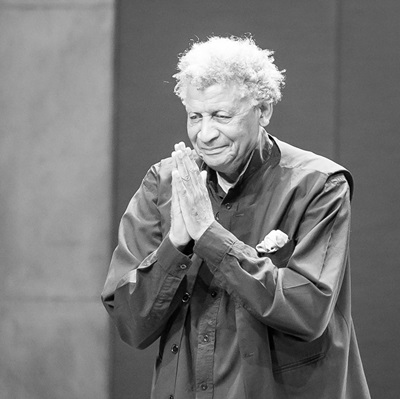_____
The revival of the landmark all-black Broadway musical “Shuffle Along” – originally produced in 1921 and opening at New York’s Music Box Theatre on April 28 – reminds us of the great Noble Sissle/Eubie Blake compositions (most famously “Love Will Find a Way” and “I’m Just Wild About Harry”), but also the challenges (and humiliation) performers, theater owners and audiences faced within a racist American society. “’Shuffle’ wasn’t exactly forward thinking on race,” John Jeremiah Sullivan writes in a recent New York Times feature titled “American Shuffle.” “It broke boundaries, no doubt, but mainly through its success, and by having great pop tunes. Otherwise, it was a blacks-in-blackface production.”
“An area in which the show genuinely pushed things forward,” Sullivan writes, “[was] romance.” This during a time when white America found black sexuality “dangerous.” “In ‘Shuffle Along,’ two black people fell in love onstage,” and the question that came out of this was whether or not the production could work as what was referred to at the time as a “white folks’ show.” “Could the production, in other words,” writes Sullivan, “manage to be both black enough to have ‘it’ and at the same time white enough to make loads of money?”
Sullivan’s piece is brilliant, and takes the reader back to the complexities of American life during a time in our past that included the likes of Bert Williams, George Walker, Josephine Baker, William Grant Still, and Sissle and Blake. To read the entire piece – which was the cover story of the March 27 New York Times Magazine, click here.
_____
Savion Glover and George C. Wolfe discuss their revival of “Shuffle Along”











































